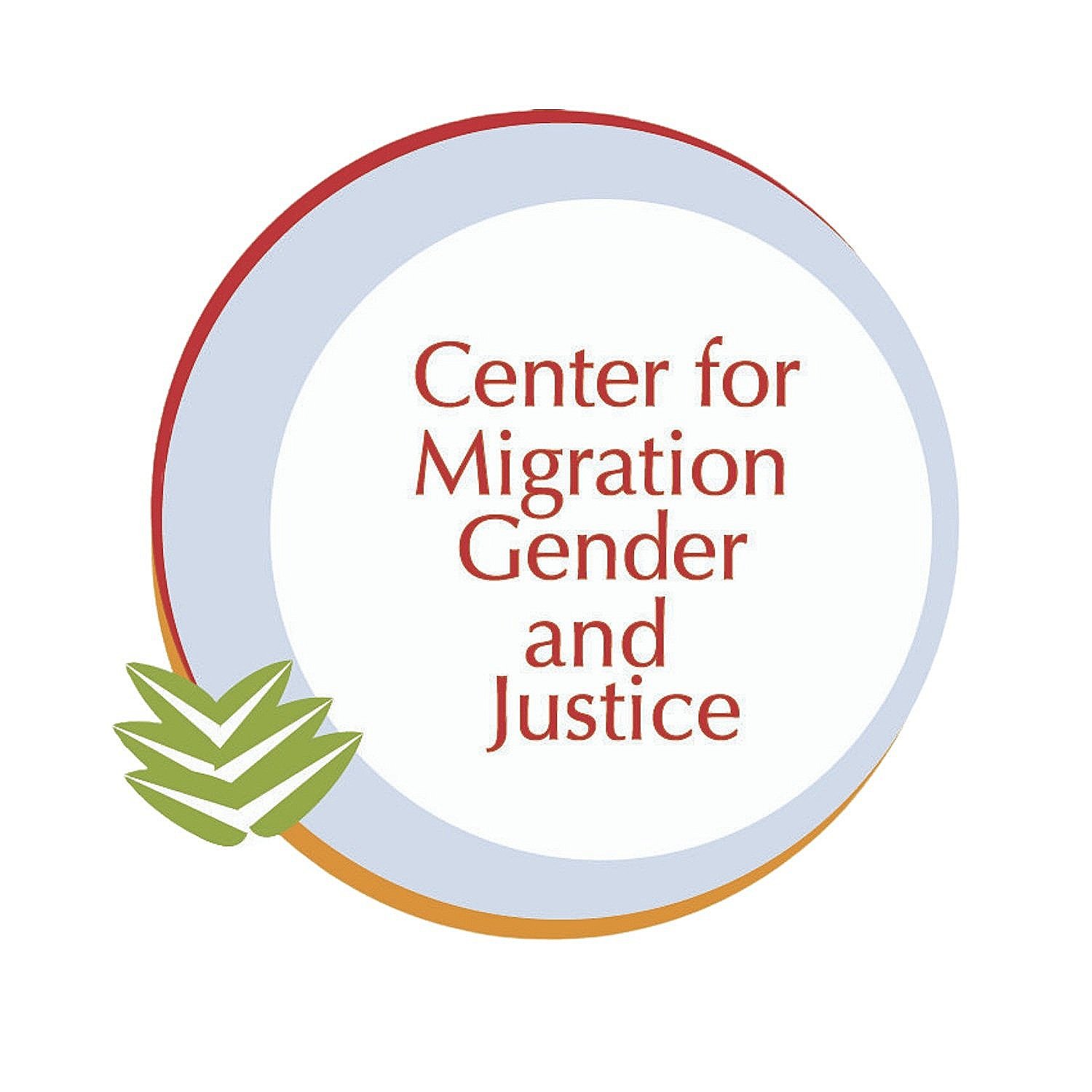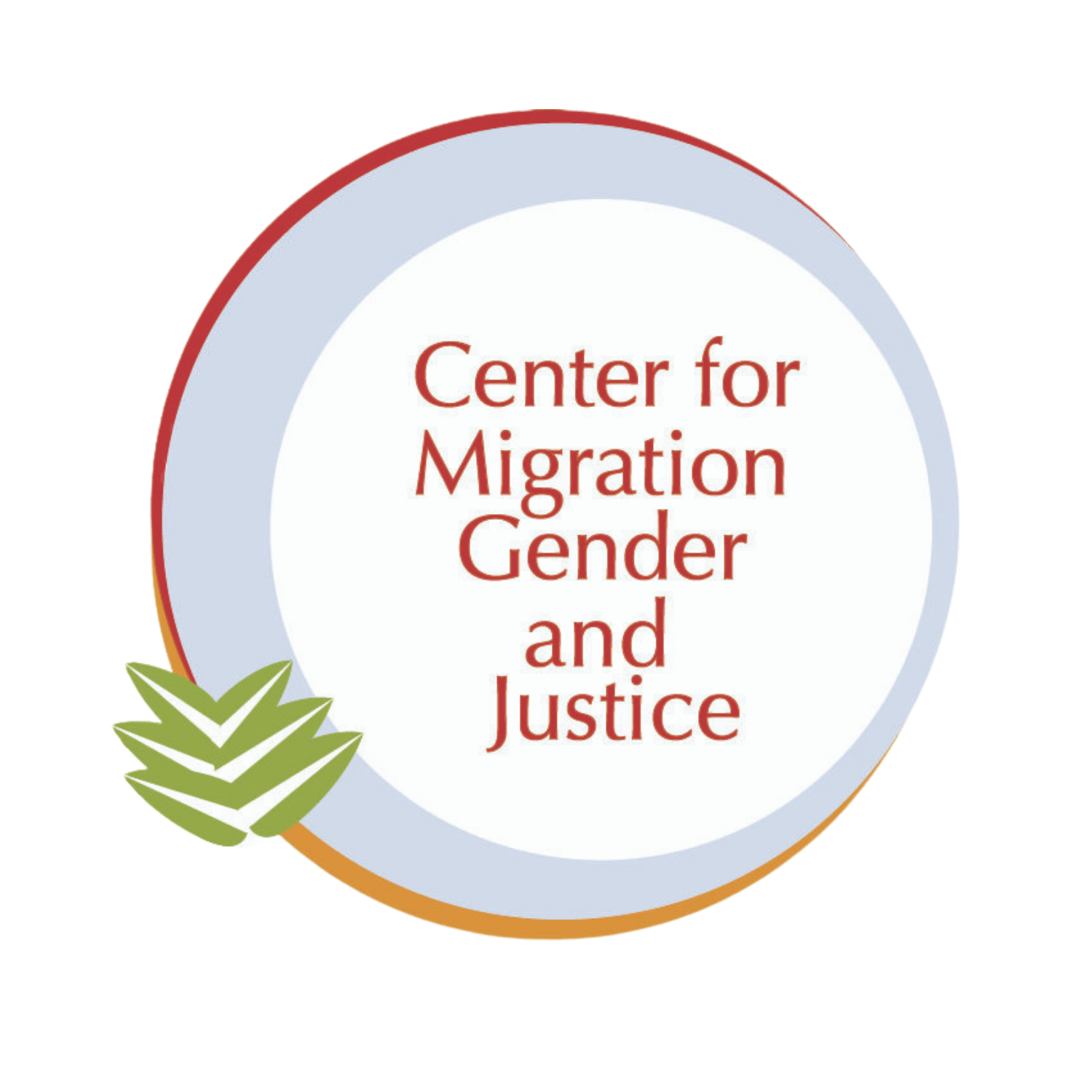Migration, Gender, and COVID-19: We are all in this together!
by Grace Fortson
Director of CMGJ’s Spotlight Project Online Series
On April 30th, we kicked off our Spotlight Project “Migration, Gender, and COVID-19” with the webinar “Migration and Gender in the COVID Era” - hosted by our partner organization, the Kota Alliance. The webinar showcased the important ways that community organizers and legal advocates are mobilizing for migrant rights and livelihoods during this global pandemic. Several common themes were prevalent throughout the webinar that reflect the range of work that the panelists, who work with and/or are part of displaced communities, have been continuing during these uncertain times.
One of the main themes discussed in the webinar pertained to admission and resettlement of refugees and asylum-seekers, which has been largely restricted due to vast institutional shutdowns and suspensions in response to COVID-19. The corresponding disruption of humanitarian efforts has exemplified itself in different ways: it has resulted in partial border closures and increased border enforcement, as pointed out by Dr. Guadalupe Correa-Cabera, Associate Professor at the Schar School of Policy and Government of George Mason University; it has also included the temporary suspension of refugee resettlement as described by our own Dr. Lara-Zuzan Golesorkhi; and, it has also involved the closure of immigration courts, discussed by both, Theodore Cox, head attorney of his own firm, and Vanessa Pompeu Robinson, legal fellow at Good Counsel. A major concern about these institutional shutdowns and suspensions has been the uncertainty surrounding the future of humanitarian and migratory processes.
For instance, as countries have reduced entry into their territories owing to COVID-19, travel arrangements for resettling refugees are currently subject to severe disruptions. As a result, the IOM and UNHCR suspended resettlement with no clear plan and timeline for the continuation of these processes. The accumulations of these disruptions have left displaced persons in legal limbo, exacerbating crowded, unsanitary detainment centers and refugee camps. In Europe, the relocation of 1,600 refugees from Greek refugee camps to seven EU member states was delayed in March due to COVID-19. Some states, including France, Luxembourg, Germany, Switzerland, and the United Kingdom, have recently begun accepting refugees and asylum-seekers. Other EU member states plan to do so in the coming months. The same, however, cannot be said for Malta, where around 300 migrants are being held offshore on rented tourist boats by the Maltese government as the country has been largely refusing admission amidst the pandemic. Meanwhile, there have been global efforts to aid Venezuelan refugees and migrants in response to the economic uncertainties of COVID-19.
These developments in admission and resettlement of refugees and asylum-seekers are directly connected with the second main theme that was discussed in the webinar: access to rights and resources - whether in detention centers or refugee camps. As Ahed Festuk, a Syrian activist and Manager of Humanitarian Relief with the Multifaith Alliance for Syrian Refugees, explained, many of the refugee camps are overcrowded and lack sanitation infrastructure and resources. Festuk emphasized that “when we talk about women first, we really have to make sure that they have ready access to clean water and bathrooms.” Daniella De La Fuente, founder and executive director of the Amal Alliance, similarly pointed out that in refugee camps, social distancing is not an option. Furthermore, as underscored by Niurka Melendez, co-founder of Venezuelan and Immigrant Aid (VIA), concerns about unsanitary conditions in detention centers have been mounting. It is important to acknowledge that conditions of refugee housing in many host countries are similarly alarming. There have been multiple instances of inadequate protection in refugee homes that compromise social distancing in addition to limited cleaning supplies. All of these conditions have uniquely impacted women*, girls, LGBTQIA, and gender diverse displaced persons. One of the most pressing concerns within this gendered frame has been access to female hygiene products - as stressed by Dr. Lara-Zuzan Golesorkhi.
While the first part of the webinar uncovered these needs and challenges of women*, girl, LGBTQIA+, and gender diverse displaced persons, the second part provided a platform to share strategies on how to address them. The Amal Alliance has been part of a COVID Response Consortium that produces an advice podcast for individuals in refugee camps. As De La Fuente describes, the podcast “is meant to provide practical guidance to parents and caregivers who have now taken on additional roles in the family including childcare, schooling, hygiene, and social/emotional health.” Niurka Melendez shared experiences from the online workshops and information campaigns that VIA has been running to address the specific needs and challenges of Venezuelan refugees and asylum-seeker during this pandemic. Social media has been an important tool in these efforts. Additionally, Vanessa Pompeu Robinson pointed out us to COVID-19 legal response task force of pro-bono lawyers that Good Counsel is referring individuals to.
At CMGJ, we are also contributing to these global efforts to address the needs and challenges of women*, girl, LGBTQIA+, and gender diverse displaced persons during this pandemic. As part of our Spotlight Project “Migration, Gender, and COVID-19,” we are compiling a literature review on the intersections between migration, gender, and livelihoods, as well as conducting research with refugee women* and local organizations in Portland, OR, USA. The goal of the project is to better understand how COVID-19 has affected refugee women*’s livelihoods and to highlight the community efforts made to sustain these livelihoods.
During the first phase of the research portion of the project, I have started analyzing the intersection of gender and displacement through a feminist perspective, while my colleagues have focused on health and livelihoods. My preliminary research has made it clear to me that in order to understand how this pandemic is impacting refugee women*, it is important to have a broader understanding of the ways in which refugee women* are already impacted by power structures that have marginalized them and made them especially vulnerable. In situating our very timely work, we recognize the history of refugee women* being seen as victims, care-takes, or peace makers, rather than as individuals with agency and self-determination (see Oxford Handbook of Refugees and Forced Migration Studies). It is within this conceptual framework that we hope to make an intervention in contemporary migration discourse and politics that centers refugee women* livelihoods in the context of COVID-19.
Learning about the ways this pandemic is disproportionately impacting displaced persons has helped inform me on the best ways to take action now:
1. Get informed about the efforts being made in your community (and beyond) to center the experiences of displaced persons!
2. Spread awareness about the organizations that are making sure that the needs and challenges of displaced persons are addressed!
3. Contribute, whether it’s financially, with time, or by making community efforts visible, pitch in what you can!
4. Follow and share CMGJ on social media to get updates as we continue our work for gender justice beyond borders!

